How Come Other Automaker's Diesels Can Meet US Emissions Standards?

Volkswagen’s ongoing emissions scandal has devastated the German automaker. Its stock price has plummeted by about 30 percent and any goodwill it had with consumers has likely evaporated. But the collateral damage from this fiasco has also given diesels a black mark.
However, just because some of VW’s TDI powertrains violate the law does not mean other manufacturers’ diesel offerings spew out noxious clouds of poison gas. In fact, it appears as though every other automaker is compliant with U.S. emissions regulations.
Still, to ensure there are no additional situations like this one that continues to unfold, the Environmental Protection Agency (EPA) is taking steps to more strenuously evaluate vehicles equipped with compression-ignition engines. Specifically, they will look for so-called “defeat devices,” special lines of computer code that alter the way an engine performs while undergoing an emissions test. This is how VW was able to skirt the rules.
Tech to the Rescue
Volkswagen and Audi models affected by this scandal are powered by the company’s 2.0-liter four-cylinder TDI engine. According to VW’s press release for the 2014 Beetle, it features both high- and low-pressure EGR, an exhaust particulate filter and “no fewer than three catalytic converters: for oxidation, oxides of nitrogen (NOx), and hydrogen sulfide.”
That’s a lot of high-tech componentry, though, unfortunately, it’s still not enough to meet EPA requirements.
In plain terms, Volkswagen engineers bet on a system that features a NOx trap and a diesel particulate filter. The former component absorbs harmful, smog-forming oxides of nitrogen while the latter traps soot, the emissions component that causes nasty plumes of black smoke. If you’ve ever seen some scalawag “rollin’ coal” chances are their vehicle’s particulate filter is either malfunctioning or missing.
To clean an engine’s exhaust, the NOx trap absorbs oxides of nitrogen. When it becomes saturated, the poweplant runs a slightly modified cycle that pumps a little extra fuel into the exhaust stream, which burns off the trapped NOx. In theory, this arrangement works with smaller engines in lighter cars, though that turned out to not be the case, at least with the engine-control software Volkswagen is using today.
SCR = Still Compliant (with) Regulations
SCR is an abbreviation for selective catalytic reduction. This is the emissions-control technology used by practically every other automaker selling clean diesels in the U.S. It functions in a different manner than the system VW adopted.
SCR requires a special urea solution, which adds cost, complexity and extra maintenance. However, the advantage to this technology is that it works. For instance, supplier company Bosch’s latest Denoxtronic 5 SCR system can reduce NOx emissions by a claimed 95 percent while improving fuel efficiency by up to 5 percent. It can help automakers meet LEV II, LEV III and Euro6 emissions standards.
This technology features an oxidation catalytic converter, a diesel particulate filter and a special SCR catalyst. As required, precise amounts of an aqueous urea solution are injected into the exhaust stream, which reacts with the SCR catalyst, dramatically reducing NOx by chemically converting it into nitrogen and water.
SEE ALSO: What is Diesel Exhaust Fluid?
Other clean diesels sold in the U.S. features SCR systems. These products range from massive tractor trailers to smaller rigs like the Ram 2500 HD pickup truck. Other models including Mercedes-Benz’s GL350 BlueTEC, the Ford Transit commercial van and Chevrolet Cruze compact car all feature selective catalytic reduction emissions-control systems to keep their diesel engines clean.
And it’s worth noting that not every single Volkswagen or Audi TDI model violates pollution laws. Their larger products are not affected because they feature SCR.
Affected Models
Below is a list of diesel-powered Volkswagen vehicles that are not compliant with U.S. emissions regulations. According to an Audi spokesman, fewer than 14,500 of their cars are affected. Their other TDI vehicles are still available right now, including versions of the Q5, Q7, A6, A7 and A8, which all feature a 3.0-liter diesel V6.
Currently there is a stop sale on all Volkswagen cars equipped with the company’s 2.0-liter TDI no-so-clean diesel engine.
-VW Jetta TDI (Model Years 2009 – 2015)
-VW Jetta SportWagen TDI (Model Years 2009-2014)
-VW Golf TDI (Model Years 2010-2015)
-VW Golf SportWagen TDI (Model Year 2015)
-VW Beetle TDI and VW Beetle Convertible TDI (Model Years 2012 – 2015)
-VW Passat TDI (Model Years 2012-2015)
-Audi A3 TDI (model years 2010 – 2013, 2015)
The ongoing VW diesel-emissions scandal is probably the biggest automotive news story of 2015. It’s just shocking what the company did and their decision to cheat will have long-term consequences for them and the industry as a whole.
Right now, it’s unclear exactly what will happen next, but a formal recall of affected models is scheduled to begin in January. According to Volkswagen, all of these cars will fixed by the end of next year.
Discuss this story on our Volkswagen Forum

Born and raised in metro Detroit, Craig was steeped in mechanics from childhood. He feels as much at home with a wrench or welding gun in his hand as he does behind the wheel or in front of a camera. Putting his Bachelor's Degree in Journalism to good use, he's always pumping out videos, reviews, and features for AutoGuide.com. When the workday is over, he can be found out driving his fully restored 1936 Ford V8 sedan. Craig has covered the automotive industry full time for more than 10 years and is a member of the Automotive Press Association (APA) and Midwest Automotive Media Association (MAMA).
More by Craig Cole



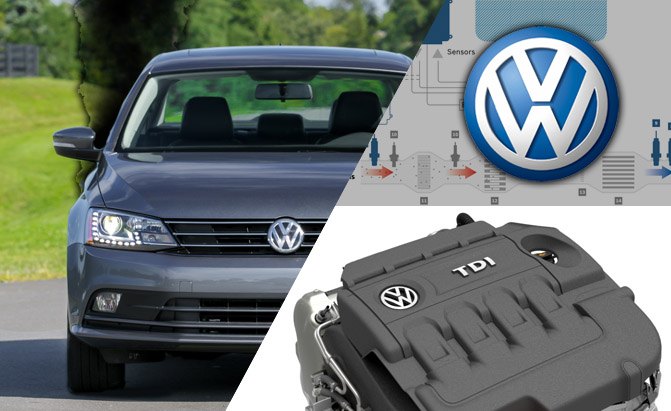















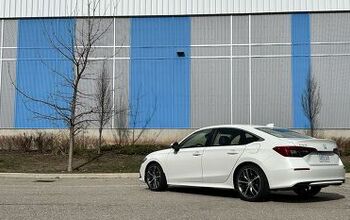

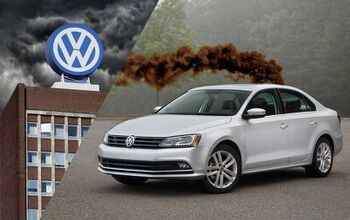
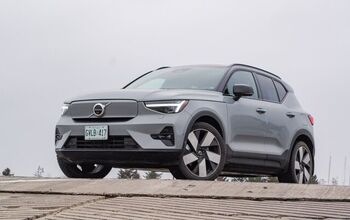
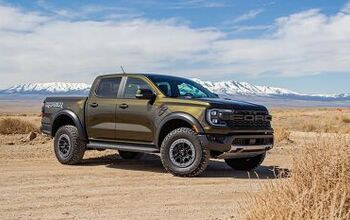
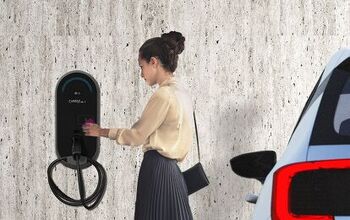
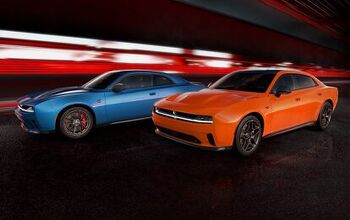
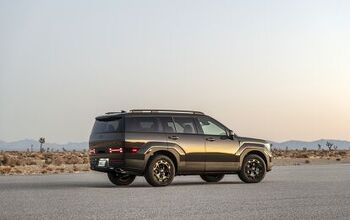
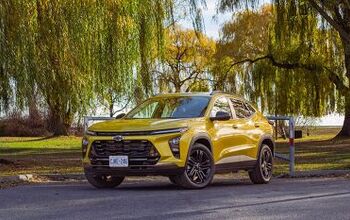
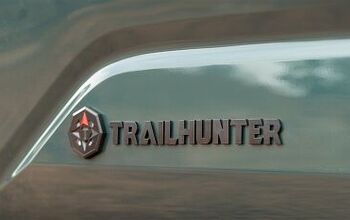

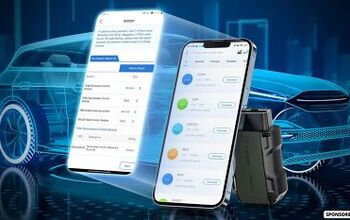
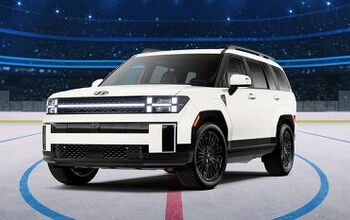
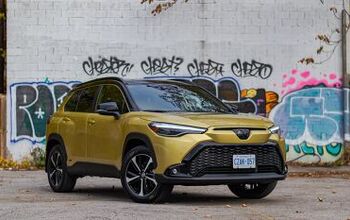
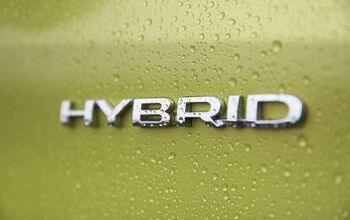
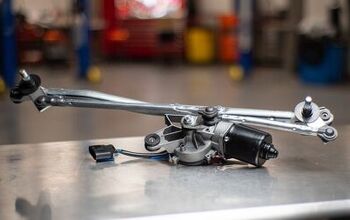
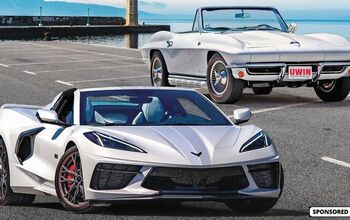
Comments
Join the conversation
Because these VW engines were designed WITH "Cheat Mode" even if VW fixes this problem by uninstalling the 'defeat device' there will still be the major problem of DURABILITY of these engines. VW's solution for its customers is a joke and a fraud.
Good article. Informative. I definitely appreciate more light being shed on this issue. Thanks.